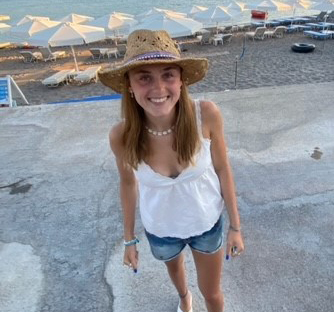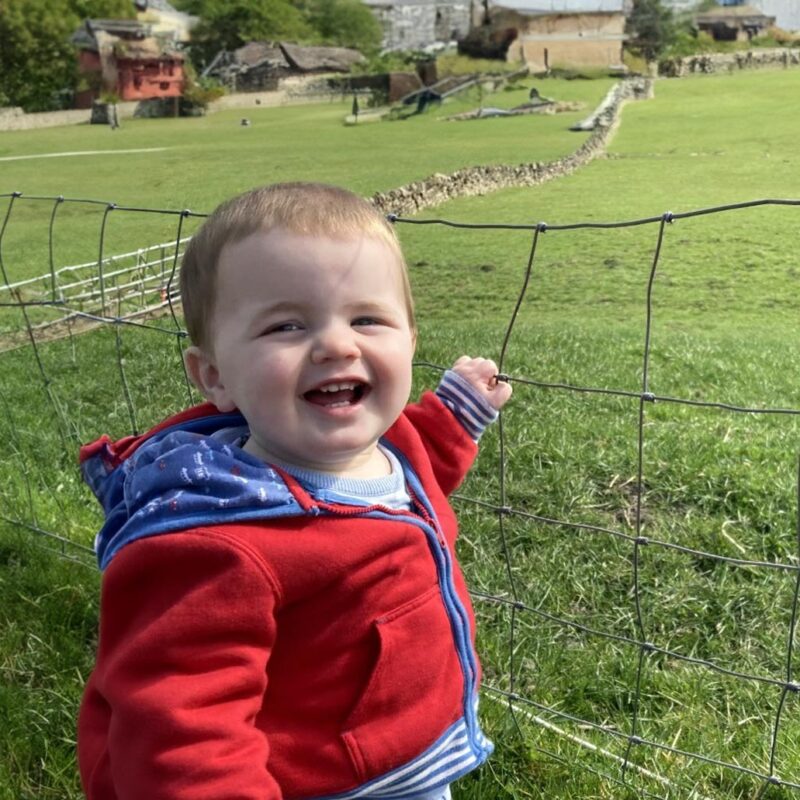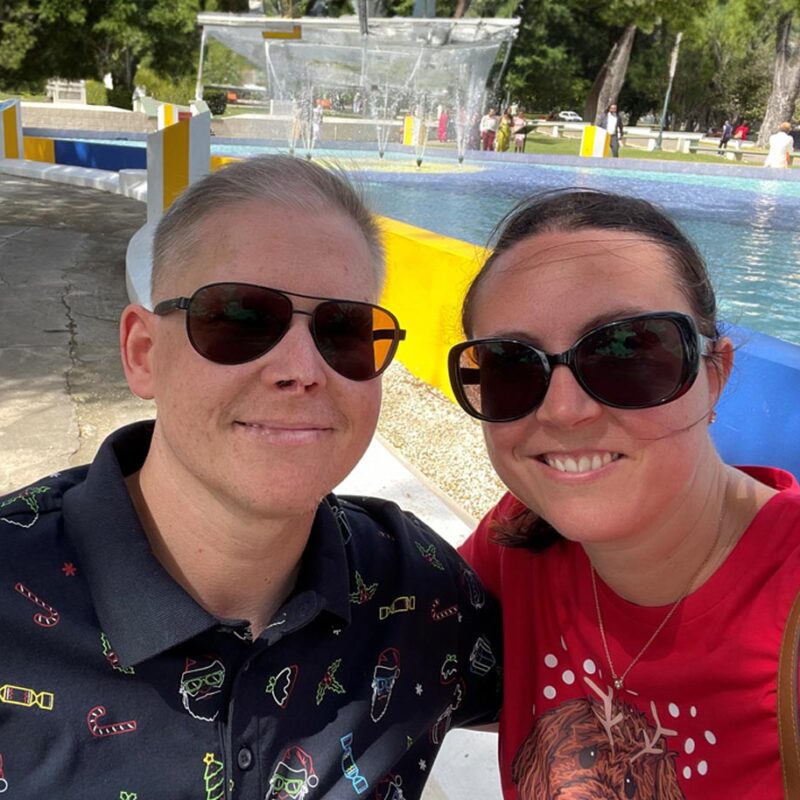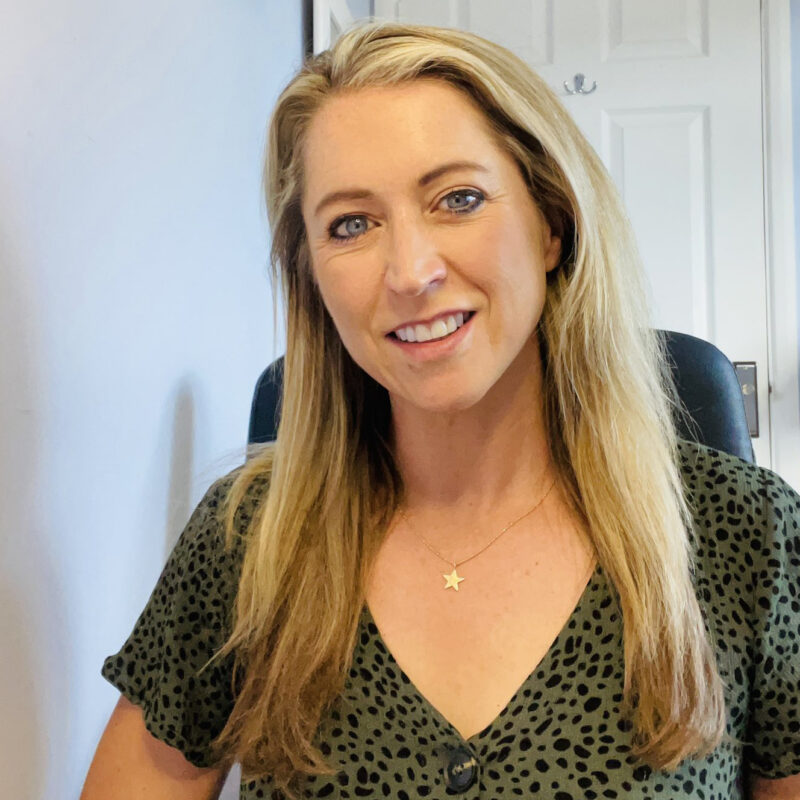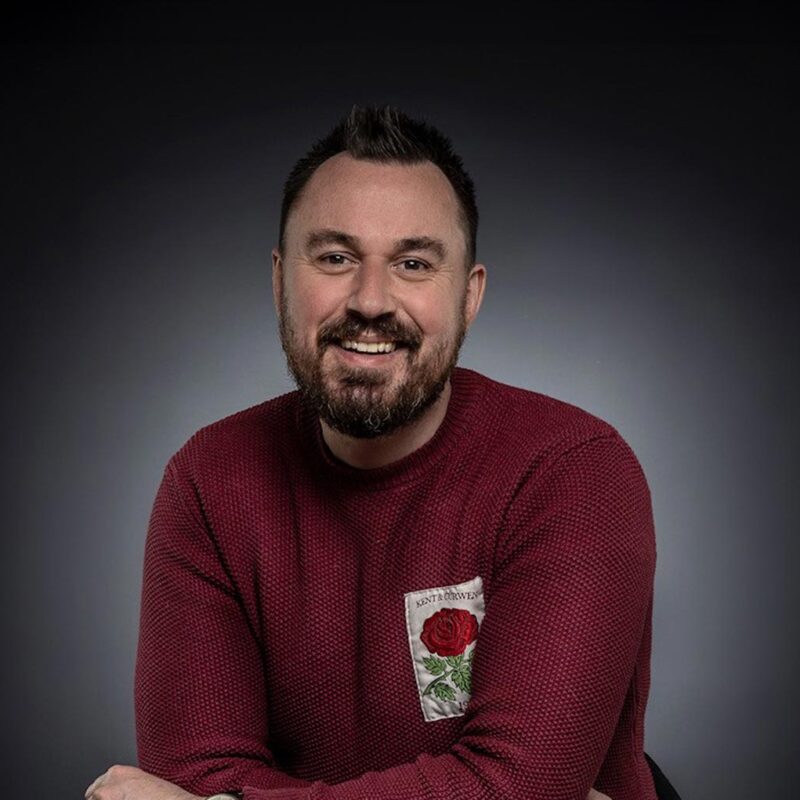After being diagnosed with Aplastic Anaemia, India Wyldbore-Smith had sepsis twice while on the waiting list for a stem cell transplant.
Her mum, Nicola, has helped share her harrowing ordeal to make others aware of the sepsis risk among those who are immunocompromised, in time for World Sepsis Day on 13th September.
Content Note: There are photos of wounds below which some readers may find distressing
In June 2022, 18-year-old India was admitted to hospital with liver failure. She spent a considerable amount of time in hospital as doctors tried to find out what was wrong with her. She was diagnosed with autoimmune hepatitis, which was treated with steroids. India was put on the transplant list for a new liver and tried to get on with life as normal, even starting university in September 2022.
But still being monitored by the liver team at Queen Elizabeth Hospital Birmingham, they noticed that her blood platelet levels were dropping, along with her neutrophil count. India was admitted to hospital for a bone marrow biopsy, which totally depleted. That’s when she was diagnosed with Aplastic Anaemia. Between October and January she was totally transfusion dependent for platelets and red blood cells, while waiting for her stem cell transplant. She was forced to drop out of university because of how poorly she was.
In that interim period, between being diagnosed with aplastic anaemia and receiving her transplant, India was admitted to hospital twice with sepsis in December 2022. Thankfully, as a parent to a child with a weakened immune system, India’s mum Nicola was on high alert for the signs of an infection and was able to seek appropriate treatment in time. But India is sharing her story to help make other neutropenic patients aware of the very real threat of sepsis. Nicola said:
“There was no warning at all, really. She’d feel unwell then her temperature would just start rising out of control.”
The first time India went into hospital with neutropenic sepsis on 6th December, the infection had originated from an infected cut on her middle finger, which turned into a case of cellulitis, and she also had ulcers in her mouth and throat which were HSV positive. Because of how quickly her mum had caught it, she was able to avoid a stay in intensive care but she spent a week in hospital. She returned home in time for Christmas with her family, before falling ill again on the 27th December.
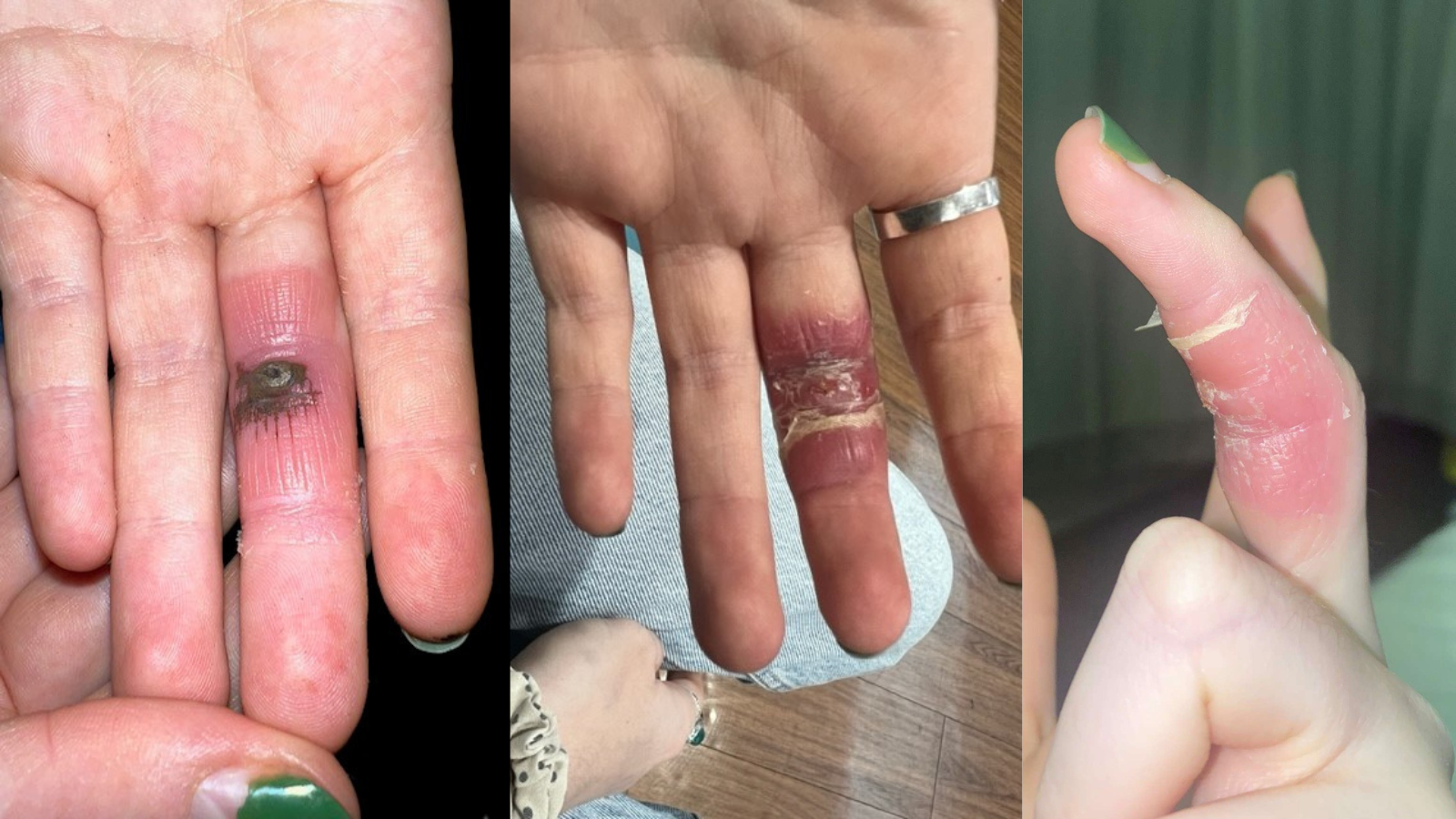
It was hard for India to differentiate between feeling poorly due to her condition, and sepsis. But on both occasions, temperature was the key warning sign. Nicola said:
“She just couldn’t get out of bed, couldn’t do anything and she’d feel ill, but she felt ill anyway.
“So it was really hard to tell, but it was the temperature spike that always alerted us that she needed IV antibiotics.”
The second time India had sepsis, she was also in hospital for a week – after she had struggled to shake the sore throat. Nicola said: “We were back in at four in the morning because she’d got a really high temperature again. Her temperature was about 40 degrees. She wasn’t really with it at all. She doesn’t really remember much about it and she finds it quite hard talking about it because it was it was so traumatic for her, because she was so poorly.”
India presented to A&E with fever, malaise and a sore throat, and her blood showed raised inflammatory markers and blood cultures demonstrated fully sensitive E.coli as well. She had a PICC line to make her blood transfusions easier, which was removed because there was a worry about reinfection with E.coli.
As a neutropenic patient, India was given a red card that allowed her to present to A&E for priority treatment, although Nicola doesn’t feel that this was heeded after their six hour wait in A&E. Commenting on being a parent to an immunocompromised child, Nicola said: “I don’t think people realise that time waiting for a transplant, when they really go downhill and are so neutropenic and vulnerable, how poorly they actually become so quickly.”
Eventually, after leaving hospital, India was able to complete chemotherapy and have her stem cell transplant on 19th January 2023. Since the procedure, India has suffered complications to her recovery journey, as well as experiencing aftereffects of sepsis such as extreme lethargy. However, she’s now in a much better position and is looking to restart university this month, studying Sports Science.
We’re grateful to India and Nicola for helping us to raise awareness of sepsis, in partnership with the Aplastic Anaemia Trust.
